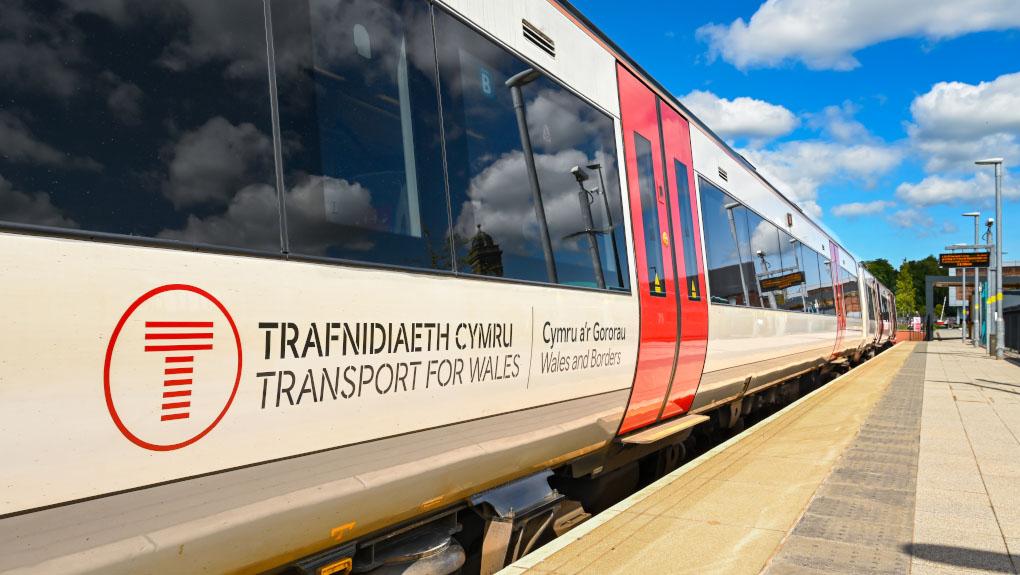
The rail regulator’s independent review was needed because TfWRL and GBRf, had both applied for capacity that could not be accommodated together.
Currently, TfWRL operates an hourly passenger service between Wrexham and Bidston while GBRf freight services use sections of the track to serve Deeside and Avonmouth from the Padeswood Cement Works.
Network Rail’s initial capacity analysis showed that only one of the TfWRL or GBRf applications could be fully accommodated, so it rejected both. GBRf and TfWRL then asked ORR to take a decision on the competing applications for access to the line.
ORR’s review looked at the line’s capability, operational issues, and a cost-benefit analysis of the proposed services.
The regulator’s decision delivers a positive outcome for passengers with TfWRL able to run 2 trains per hour for most of the day. This will provide a step change improvement to the passenger service provision in North Wales.
Equally, the decision reflects a positive outcome for freight and the local area. The freight trains which currently serve Padeswood cement works can continue with greater certainty because of the firm contractual basis. Each freight train on this line equates to the removal of 36 HGVs from the roads, bringing associated environmental benefits to the local area.
Stephanie Tobyn, Director of Strategy, Policy and Reform at ORR said:
Notes to Editors
- Decision letter
- The additional passenger trains will start running once TfWRL operational arrangements, including new rolling stock, are ready.
- ORR is the independent safety and economic regulator for Britain’s railways. For track access, we make sure that passenger train companies and freight companies have fair access to the rail network and that best use is made of capacity.
- Our Guidance on the statutory and contractual framework, dated July 2022, sets out how we do this. If a train operator wants to access the railway network, it must apply to Network Rail for access rights, which then requires approval by us.
- If a train operator cannot agree terms, including access rights, then it can apply to ORR. Under section 22A(1), ORR may give directions in respect of: ‘(a) amendments permitting more extensive use of the railway facility or network installation by the applicant, and (b) any amendments which ORR considers necessary or desirable in consequence of those amendments.’

